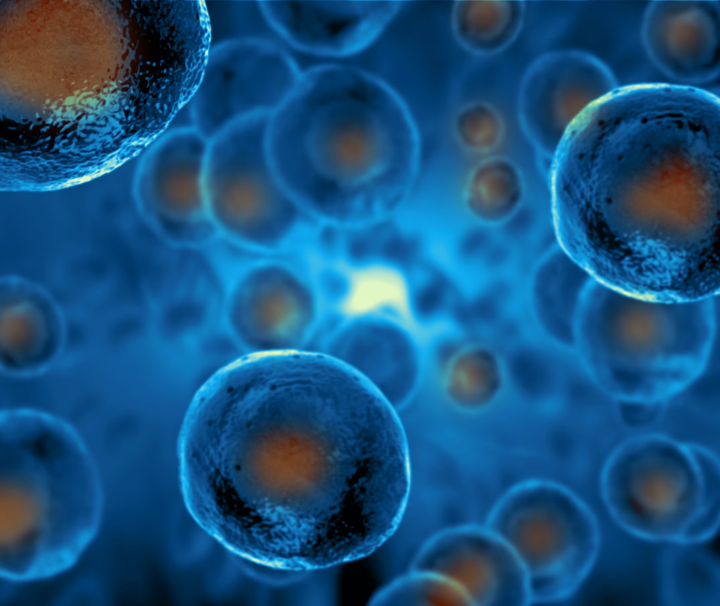
CAR-T therapy
About
CAR-T cell therapy is an advanced form of immunotherapy used to treat certain cancers by harnessing the power of the immune system. It involves modifying a patient's own T cells to recognize and attack cancer cells more effectively. The therapy has shown promising results in treating various types of cancers, including certain types of leukemia and lymphoma.
For individuals considering CAR-T cell therapy in Delhi, it is essential to consult with the best medical oncologists in the area. Delhi boasts a number of highly skilled and experienced oncologists who specialize in immunotherapy and other advanced cancer treatments. Consulting with the best medical oncologist in Delhi can help patients navigate their treatment options and receive personalized care tailored to their specific needs and circumstances.
Types of CAR-T Cell Therapy:
1. Autologous CAR-T Cell Therapy: Uses a patient's own T cells that are modified outside the body and then infused back into the patient.
2. Allogeneic CAR-T Cell Therapy: Utilizes T cells from a healthy donor, which are modified to target cancer cells and then given to the patient.
Side Effects of CAR-T Cell Therapy:
1. Cytokine Release Syndrome (CRS): Can cause fever, low blood pressure, and flu-like symptoms due to an excessive immune response.
2. Neurological Toxicity: May lead to confusion, seizures, and other neurological issues due to inflammation in the brain.
3. Cytopenias: Reductions in blood cell counts, including white blood cells, red blood cells, and platelets, can occur.
4. Tumor Lysis Syndrome: Rapid breakdown of cancer cells can lead to metabolic imbalances and kidney problems.
Benefits of CAR-T Cell Therapy:
1. High Response Rates: CAR-T therapy has shown remarkable efficacy in treating certain blood cancers, often achieving complete remission in patients who have exhausted other treatment options.
2. Long-lasting Effects: Some patients experience durable responses to CAR-T therapy, with sustained remissions lasting months to years.
3. Personalized Treatment: CAR-T therapy can be customized to target specific antigens present on cancer cells, offering personalized treatment approaches.
4. Minimal Long-term Toxicity: Unlike traditional chemotherapy, CAR-T therapy typically has lower long-term toxicity since it targets cancer cells specifically.
5. Potential for Cure: In some cases, CAR-T therapy has the potential to cure certain types of cancer, providing hope for patients with aggressive or refractory disease.
